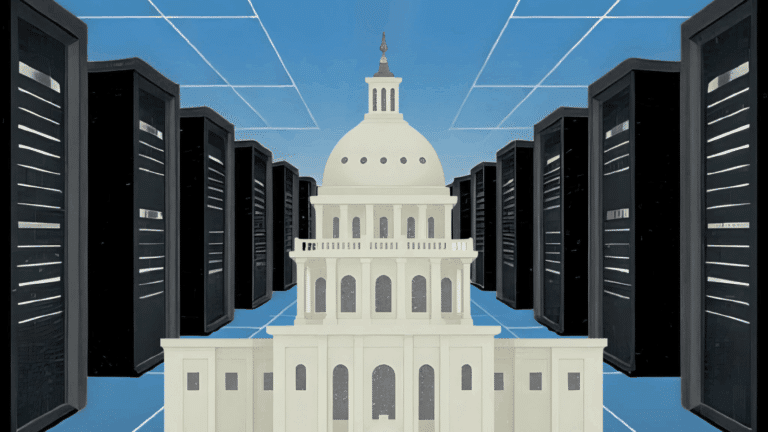This website uses cookies as well as similar tools and technologies to understand visitors’ experiences. By continuing to use this website, you consent to Columbia University’s usage of cookies and similar technologies, in accordance with the Columbia University Website Cookie Notice.
China’s Role in Global Energy Finance
Past Event
October 24, 2016
8:00 am - 9:30 am
The Center on Global Energy Policy is pleased to host a presentation and discussion on China’s role in global energy finance with Kevin Gallagher, Boston University’s Pardee School of Global Studies and Co-director, Global Economic Governance Initiative and Bo Kong, ConocoPhillips Petroleum Professor of Chinese and Asian Studies and Assistant Professor of International and Area Studies, University of Oklahoma. They will be discussing two of their recent studies — Mr. Gallagher’s study titled ‘Fueling Growth and Financing Risk’ focuses on China’s global developmental finance institutions in general and China’s policy bank lending to foreign governments for energy in particular, and Mr. Kong’s study ‘The Globalization of Chinese Energy Companies’ which examines the extent to which the Chinese state has facilitated the globalization of Chinese energy companies. Center Inaugural Fellow David Sandalow will moderate the discussion after the presentations.
More Events
CGEP Presents: Project-Based Carbon Credit Markets Webinar
The Center on Global Energy Policy at Columbia University SIPA is pleased to host a virtual webinar with experts from Kenya, India, and Brazil to discuss and better understand the landscape...

Energy Markets and the Future of Energy with Amrita Sen
Join us on February 25 for an in-depth, student-only conversation. Registration is required, and space is limited. The Center on Global Energy Policy at Columbia University SIPA’s Women...
1255 Amsterdam Ave Floor 1, New York, NY 10027

Rapid Response: The EU’s Carbon Border Adjustment Mechanism
On January 1, 2026, the European Union's highly-anticipated Carbon Border Adjustment Mechanism (CBAM) will take effect. Introduced in 2023, CBAM will require the importers of certain carbon-intensive goods...

Global Perspectives on the Carbon Markets
Center on Global Energy Policy (CGEP) at Columbia SIPA, the Columbia Global Center in Rio, and Insper are proud to host a high-level discussion on the future of...
Vila Olímpia, São Paulo
Brazil

Relevant
Publications
Data Centers and Their Energy Use: Trends in State Capitals
From the east to west and north to south, in red states and blue states, attention to data centers is skyrocketing in state capitals across the United States.

Is a Libyan Oil Revival Underway?
Libya's bid round for new oil and gas exploration and production highlights its potential revival as a major oil producer.

Carbon Competitiveness: Industry Steps Up as Global Priorities Shift
Economic, political, and fiscal realities have shifted energy policy priorities across the globe toward the goals of affordability and competitiveness.



